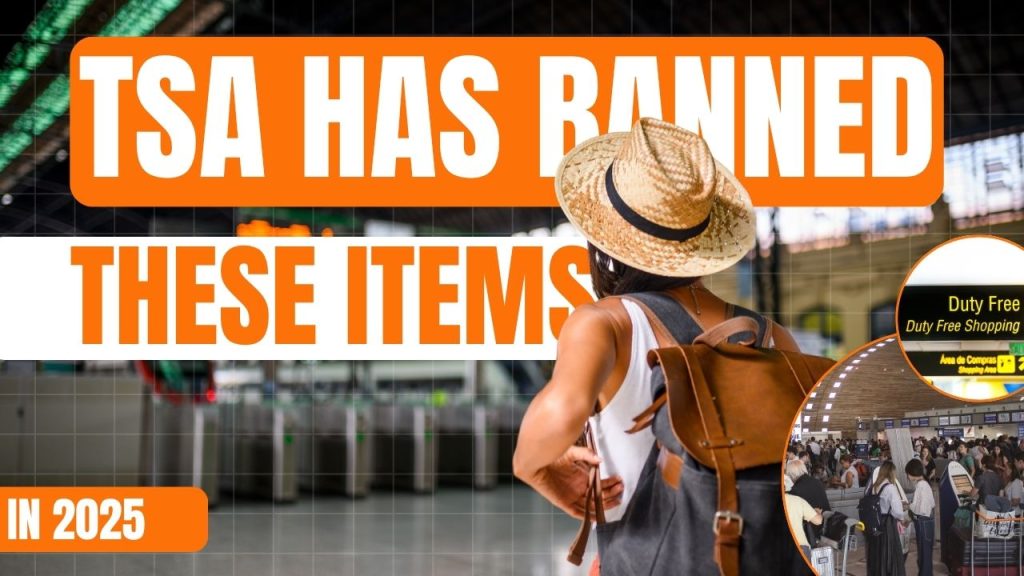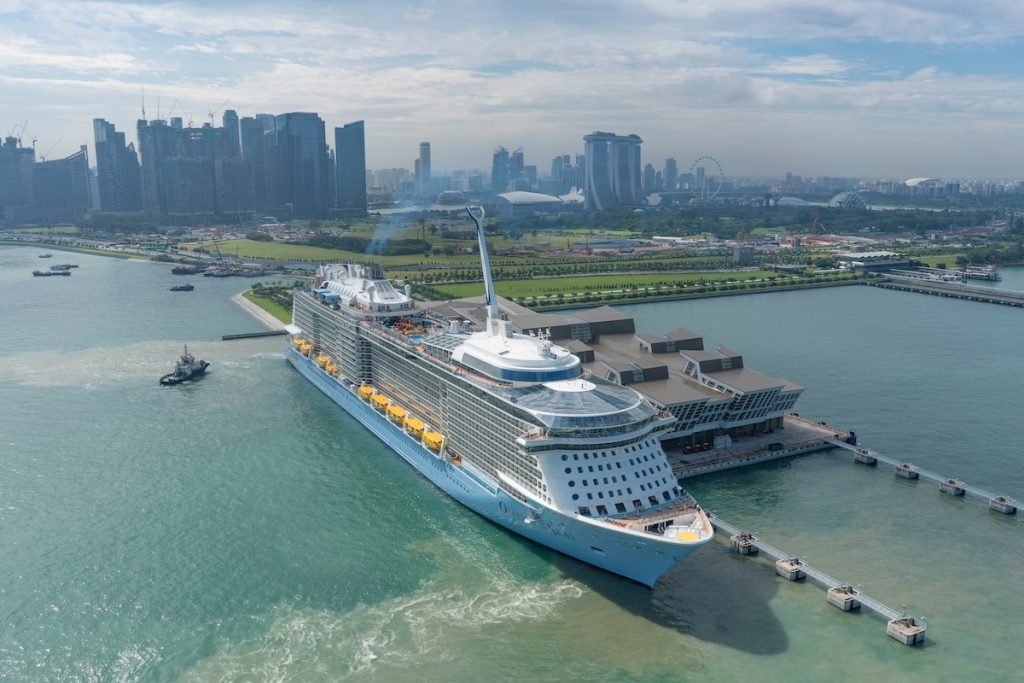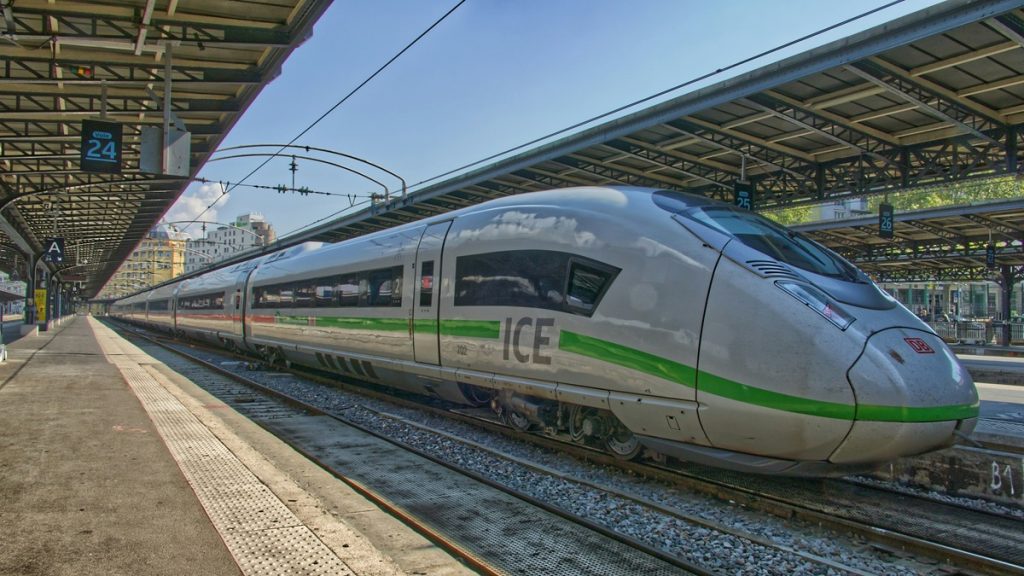Best Time for a Mexico Liveaboard Dive Trip: Whale Sharks, Mantas, and More
Discover the best time for a Mexico liveaboard dive trip, from Whale Sharks in the Sea of Cortez to Mantas and Humpbacks in Socorro. You’re standing at a crossroads of ocean giants. Mexico’s Pacific edge, defined by the sweeping Baja Peninsula —a sprawling, untamed canvas for the world’s most dramatic marine encounters —and the only…
Best Time for a Mexico Liveaboard Dive Trip: Whale Sharks, Mantas, and More Read More »









